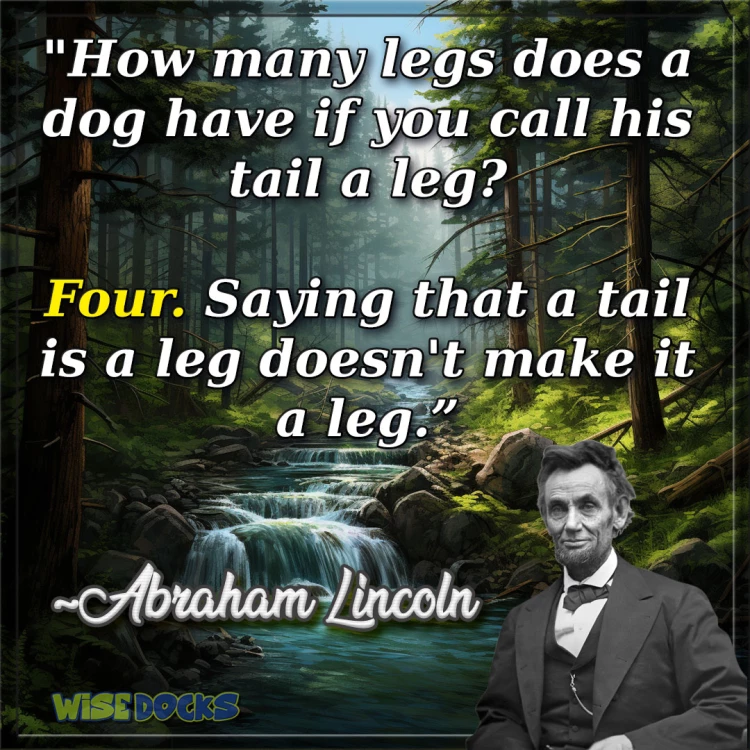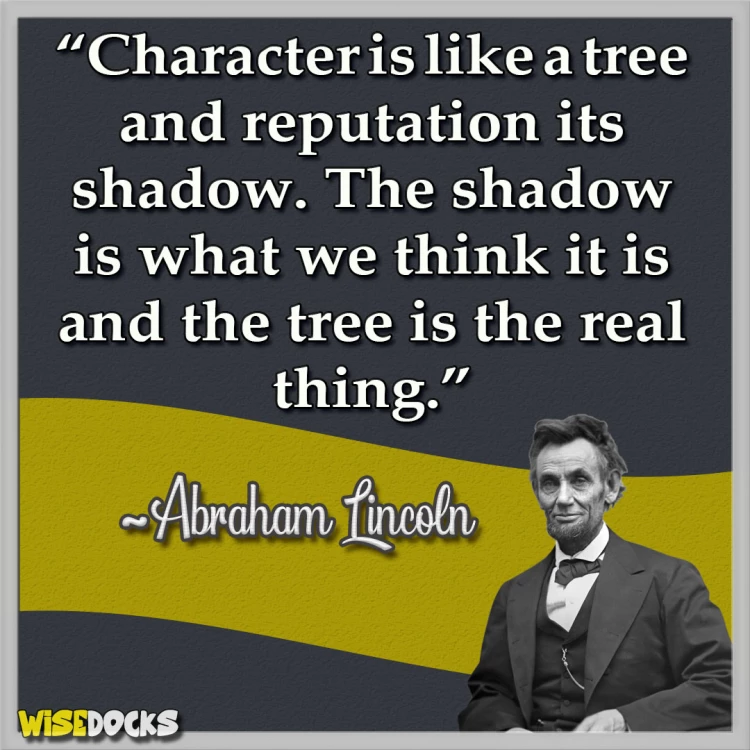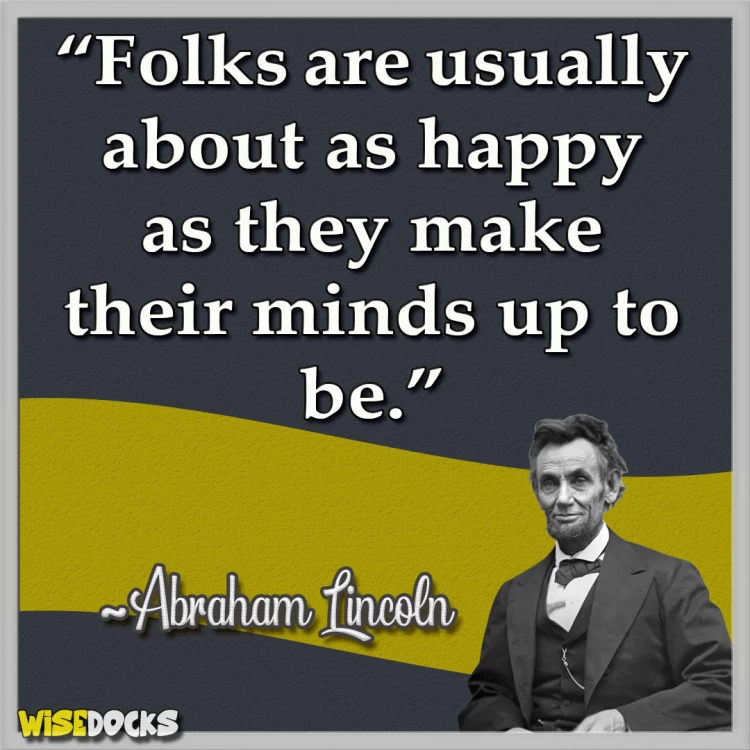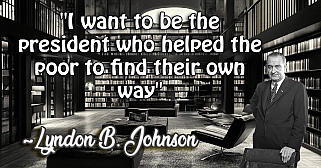Abraham Lincoln: A Legacy of Leadership and Inspiration

Early Life
Abraham Lincoln was born on February 12, 1809, in a humble log cabin in Hardin County, Kentucky. His parents, Thomas and Nancy Hanks Lincoln, were poor pioneers, struggling to make a living on the frontier. Despite their hardships, Lincoln’s parents valued education and moral integrity, traits that would profoundly shape Lincoln’s character and future endeavors.

Lincoln’s early life was marked by hard work and self-education. The family moved several times, eventually settling in Indiana, where Lincoln’s mother died when he was just nine years old. This loss deeply affected young Abraham, but it also forged his resilience and determination. His stepmother, Sarah Bush Johnston, whom his father married shortly after Nancy's death, encouraged Lincoln’s love for reading and learning, providing him with the support and stability he needed.
The Path to Politics
Lincoln's formal education was sporadic and limited, amounting to less than a year of schooling. However, he was an avid reader and taught himself through borrowed books, developing a keen interest in law and politics. His early experiences as a farm laborer, rail-splitter, and store clerk exposed him to the struggles of ordinary Americans, fueling his desire to pursue a career in law and public service.

In 1830, the Lincolns moved to Illinois, where Lincoln began to immerse himself in local politics. He served as a captain in the Illinois Militia during the Black Hawk War, which bolstered his leadership credentials. In 1834, he was elected to the Illinois State Legislature as a member of the Whig Party, marking the beginning of his political career. During this period, Lincoln also began studying law, and in 1836, he was admitted to the Illinois bar.
Rise to National Prominence
Lincoln’s legal career flourished, and he gained a reputation as a formidable lawyer and an eloquent speaker. His political career also advanced, and he served a single term in the U.S. House of Representatives from 1847 to 1849. Although he lost his bid for re-election, Lincoln’s debates with Senator Stephen A. Douglas during the Illinois Senate race in 1858 catapulted him to national prominence. The debates, centered around the issue of slavery, showcased Lincoln’s moral clarity and his commitment to preserving the Union.

The Road to the Presidency
The political landscape of the United States was deeply divided over the issue of slavery. The Kansas-Nebraska Act of 1854, which allowed new territories to decide the issue of slavery for themselves, reignited national tensions. Lincoln, who had always opposed the expansion of slavery, re-entered politics with renewed vigor. He joined the newly formed Republican Party, which opposed the spread of slavery into the western territories.
In 1860, Lincoln was nominated as the Republican candidate for President. His platform of halting the spread of slavery, promoting economic modernization, and preserving the Union resonated with many Americans. Despite a fragmented and contentious election, Lincoln won the presidency with a significant electoral majority, though he secured only about 40% of the popular vote.

Leadership During the Civil War
Lincoln’s election in 1860 was met with immediate secession from seven southern states, who formed the Confederate States of America. The Civil War began in earnest in April 1861 when Confederate forces attacked Fort Sumter in South Carolina. Lincoln faced the enormous challenge of preserving the Union while leading a nation at war with itself.
Throughout the war, Lincoln demonstrated exceptional leadership and unwavering commitment to the Union cause. He navigated political pressures, military setbacks, and personal tragedies with a steady hand. One of his most significant decisions was the issuance of the Emancipation Proclamation on January 1, 1863, which declared all slaves in Confederate-held territory to be free. This bold move redefined the war as a fight not only to save the Union but also to end slavery.

The Gettysburg Address and Legacy
Lincoln’s ability to communicate powerful ideas in simple, eloquent language is perhaps best exemplified by his Gettysburg Address, delivered on November 19, 1863. In just 272 words, Lincoln reaffirmed the principles of equality and liberty upon which the nation was founded and honored the sacrifices of those who fought at the Battle of Gettysburg. His speech continues to resonate as one of the most profound expressions of American ideals.
Lincoln's re-election in 1864 was a testament to his leadership and the support he had garnered from the Northern states. As the war drew to a close in early 1865, Lincoln focused on healing the nation and implementing his vision for Reconstruction. He advocated for leniency towards the South and promoted policies aimed at integrating freed slaves into American society.

Assassination and Enduring Impact
Tragically, Lincoln’s life was cut short on April 14, 1865, when he was assassinated by John Wilkes Booth, a Confederate sympathizer, at Ford’s Theatre in Washington, D.C. His death came just days after General Robert E. Lee’s surrender, which effectively ended the Civil War. Lincoln’s assassination plunged the nation into deep mourning, and his loss was felt profoundly across the country.
Despite his untimely death, Lincoln’s legacy endures. He is remembered as a champion of liberty and equality, a leader who guided the nation through its darkest hours, and a symbol of perseverance and moral integrity. His speeches and writings continue to inspire generations of Americans and people around the world.

Lincoln’s Inspirational Quotes
Lincoln’s words have become synonymous with wisdom and inspiration. Here are a few of his most famous quotes:
- "Government of the people, by the people, for the people, shall not perish from the Earth."
- "Those who deny freedom to others deserve it not for themselves."
- "I am a firm believer in the people. If given the truth, they can be depended upon to meet any national crisis. The great point is to bring them the real facts."
- "Nearly all men can stand adversity, but if you want to test a man's character, give him power."
- "In the end, it's not the years in your life that count. It's the life in your years."
Abraham Lincoln’s journey from a log cabin in Kentucky to the White House is proof to the power of determination, integrity, and vision. His leadership during one of the most tumultuous periods in American history not only preserved the Union but also paved the way for the abolition of slavery and the advancement of civil rights. Lincoln’s legacy as a leader, a thinker, and a moral guide continues to inspire and challenge us to strive for a more just and equitable society.


